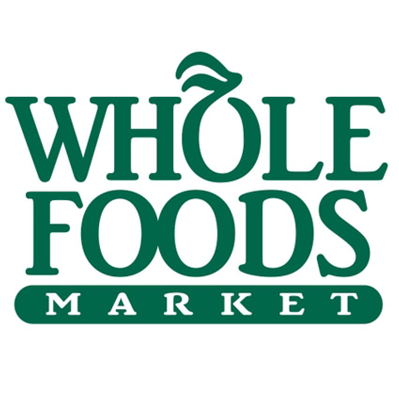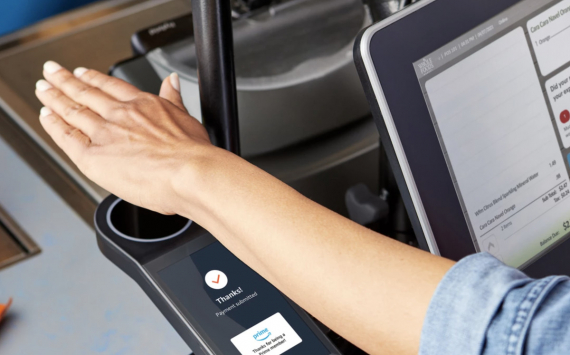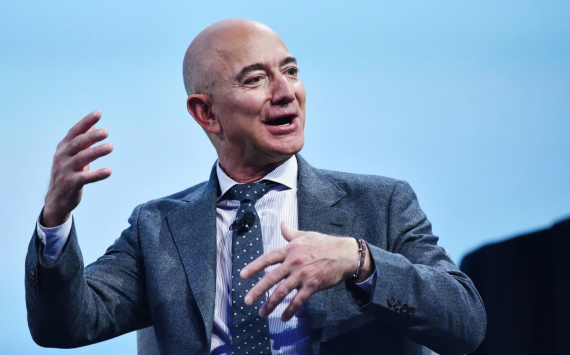Description
Whole Foods Market, Inc. is an American multinational supermarket chain headquartered in Austin, Texas, which sells products free from hydrogenated fats and artificial colors, flavors, and preservatives.[4] A USDA Certified Organic grocer in the United States, the chain is popularly known for its organic selections. Whole Foods has 500 stores in North America and seven in the United Kingdom as of March 4, 2019.
History
Early years
In 1978, John Mackey and Renee Lawson borrowed $45,000 from family and friends to open a small vegetarian natural foods store called SaferWay in Austin, Texas (the name being a spoof of Safeway). When the two were evicted for storing food products in their apartment, they decided to live at the store. Because it was zoned for commercial use, there was no shower stall, so they bathed using a water hose attached to their dishwasher.
Two years later, Mackey and Lawson partnered with Craig Weller and Mark Skiles to merge SaferWay with the latter's Clarksville Natural Grocery, resulting in the opening of the original Whole Foods Market, which included meat products. At 10,500 square feet (980 m2) and with a staff of 19, the store was large in comparison to the standard health food store of the time.
The following Memorial Day, on May 25, 1981, the most damaging flood in 70 years devastated Austin. Whole Foods' inventory was ruined, and most of the equipment was damaged. The loss was approximately $400,000 and Whole Foods Market had no insurance. Customers, neighbors, and staff assisted to repair and clean up the damage. Creditors, vendors, and investors assisted in helping recovery, and the store reopened 28 days later.
2017–present: Amazon subsidiary
In February 2017, Whole Foods Market said it would close nine of its stores and lowered its financial projections for the year, as the natural-foods company struggled with increased competition and slowing sales growth. In late April 2017, Whole Foods reported their sixth consecutive quarter of declining sales, and announced that the company would be closing nine stores: two each in Colorado and California, and one each in Georgia, Arizona, Utah, New Mexico, and Illinois. The loss of revenue was attributed to foot traffic being down and other supermarkets offering a similar experience for a lower cost.
On June 15, 2017, Amazon announced it would acquire Whole Foods Market, adding some 400 physical stores to Amazon's e-commerce assets. The purchase was valued at $13.7 billion, and caused Whole Foods's stock price to soar after the announcement was made.
In 2018, Whole Foods Market announced its possible intention to take over some vacant Sears and Kmart stores and refurbish them after Sears Holdings Corporation, which owned both chains, filed for bankruptcy in October.


























